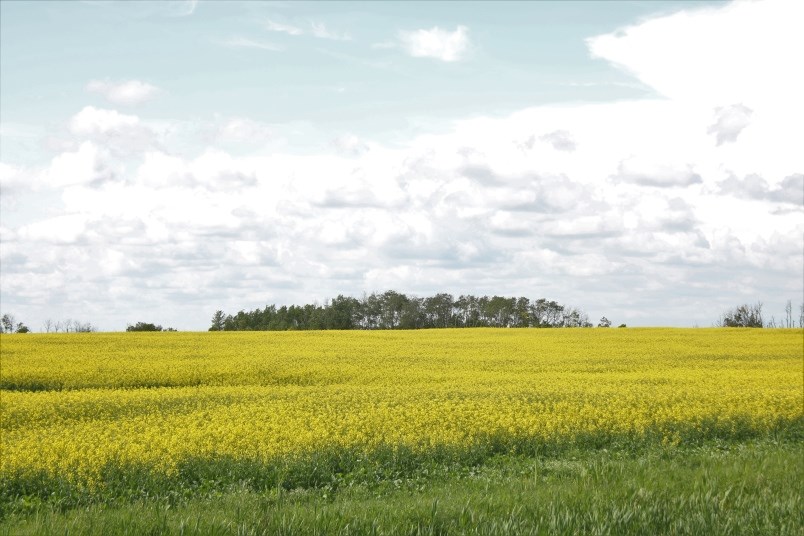YORKTON - When you write about agriculture the growing interest in canola as a biofuels source is a good news story.
Anything which expands a market for a crop is good for the producer of that crop, and on the Canadian Prairies and particularly in Saskatchewan, added demand for canola is going to be generally applauded.
The crop is already the major income generator on most farms, and with huge prices already in 2022 even the hint of adding demand has to have producers near giddy with expectation.
And in a world always hungry to consume energy, the biofuel sector is one that holds the promise of a renewable source of fuel that actually has less atmospheric impact when consumed.
Now big oil companies are no doubt less enamoured by biofuels, but realistically the biofuels sector will need to grow significantly before it really impacts fossil fuel profits.
So when you read a story suggesting canola demand by the biofuels’ sector is likely to grow, it seems like great news indeed.
But, wrapped up in such news is a question that should at least be asked, and that is if we want to see increasing acres of farmland growing crops to feed cars instead of people?
The world hit eight billion occupants this year, and that is by any measure a lot of mouths to feed.
At this point the world’s farmers have been up to the task.
Yes, there are people going hungry, and some facing starvation at times, but those are issues of wealth to buy food, transportation problems to get food where it is needed, and politics and war. The food if it was distributed exists to feed people.
But, for how long?
There is a finite amount of arable land on which food can be grown, and it is under pressure by urban sprawl, desertification, salinization and other factors.
And that is without even admitting that crop production will be pressured moving forward by weather change.
Less land in production, or land impacted so it produces less, and food production is impacted.
On the other side of the equation is population, and it continues to grow, and there aren’t even serious hints that the world is willing to discuss how that might be controlled.
The combo of pressure on farmland and population growth is not a good one.
So, is crop production for fuel, or anything which doesn’t ultimately feed people a good idea even if it is a market for farmers?
That is a question that the world will need to answer one day.






